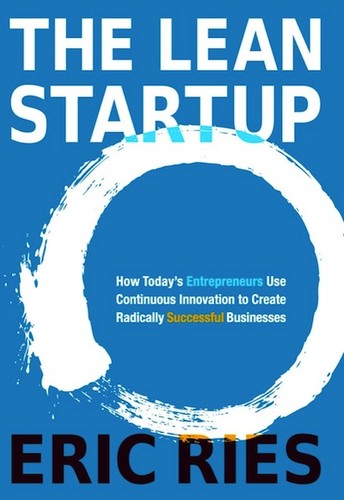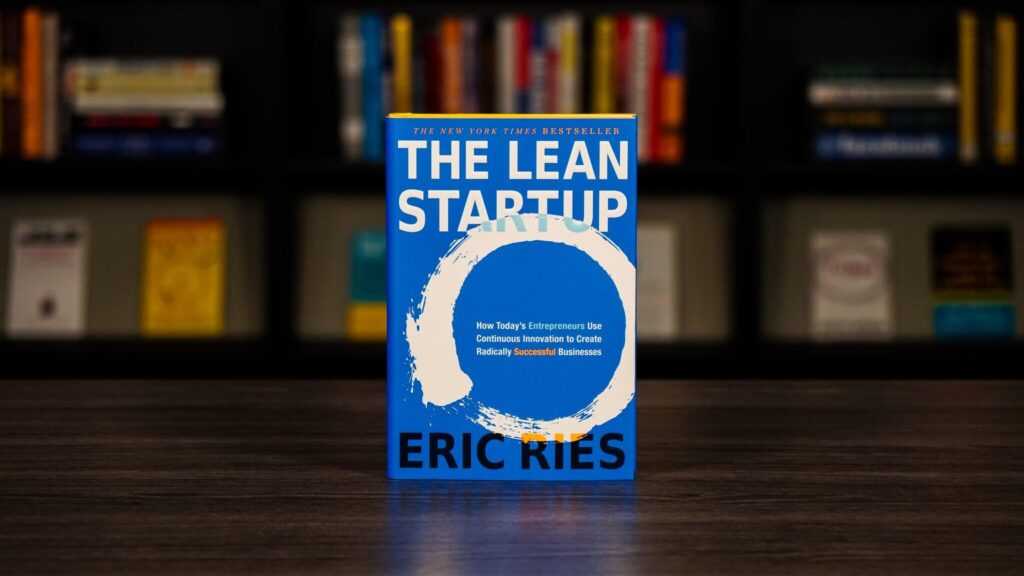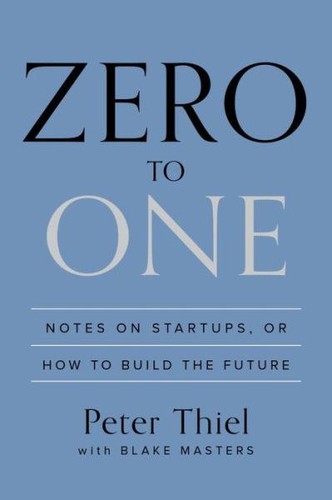Understanding the Principles and Framework of ‘The Lean Startup’ – Eric Ries

‘The Lean Startup’ by Eric Ries is a groundbreaking book that introduces a method for creating and managing startups in an efficient and sustainable way. Ries proposes a systematic approach to building successful companies through constant experimentation and validated learning. This book review will delve into the key principles and framework presented by Ries, providing a comprehensive understanding of ‘The Lean Startup’.
Key Takeaways
- Startups should aim to develop a minimum viable product (MVP) that allows them to gather valuable feedback from early adopters.
- Validated learning is a fundamental principle that drives decision-making and helps entrepreneurs avoid wasting time and resources on unnecessary features or ideas.
- The Build-Measure-Learn feedback loop is a key component of the Lean Startup methodology, enabling rapid iteration and continuous improvement.
- By focusing on agility, speed, and constant adaptation, startups can increase their chances of achieving long-term success.
In the book, Ries emphasizes the importance of embracing uncertainty and adapting to market dynamics. The Lean Startup framework encourages entrepreneurs to training profits by creating a culture of innovation and experimentation. Through regular iterations and feedback loops, startups can refine their products/services and align them with customer needs.
Ries also addresses the significance of data-driven decision-making in the Lean Startup ecosystem. He argues that relying on assumptions and guesswork can lead to failure, while leveraging data and customer feedback enables informed and strategic choices. This approach is particularly valuable for entrepreneurs looking to creating an online course as it allows them to constantly refine their offerings based on real-world insights.
Furthermore, ‘The Lean Startup’ stresses the importance of continuous innovation and adaptation. The book guides entrepreneurs on how to embrace change and pivot their strategies when necessary. By enabling quick learning cycles and encouraging experimentation, startups can stay one step ahead of the competition and find new opportunities to sell courses online.
Frequently Asked Questions
1. What is the main concept behind ‘The Lean Startup’?
The main concept behind ‘The Lean Startup’ is to encourage entrepreneurs to build, measure, and learn from iterative product development, thereby minimizing waste and maximizing validated learning.
2. How can the Lean Startup methodology benefit startups?
The Lean Startup methodology can benefit startups by helping them achieve product-market fit faster, validating assumptions before significant investment, and fostering a culture of innovation and data-driven decision-making.
3. Can the principles of ‘The Lean Startup’ be applied to established companies?
Yes, the principles of ‘The Lean Startup’ can be applied to established companies. The Lean Startup philosophy emphasizes continuous innovation and adaptation, which can benefit companies of any size by promoting agility and market responsiveness.







